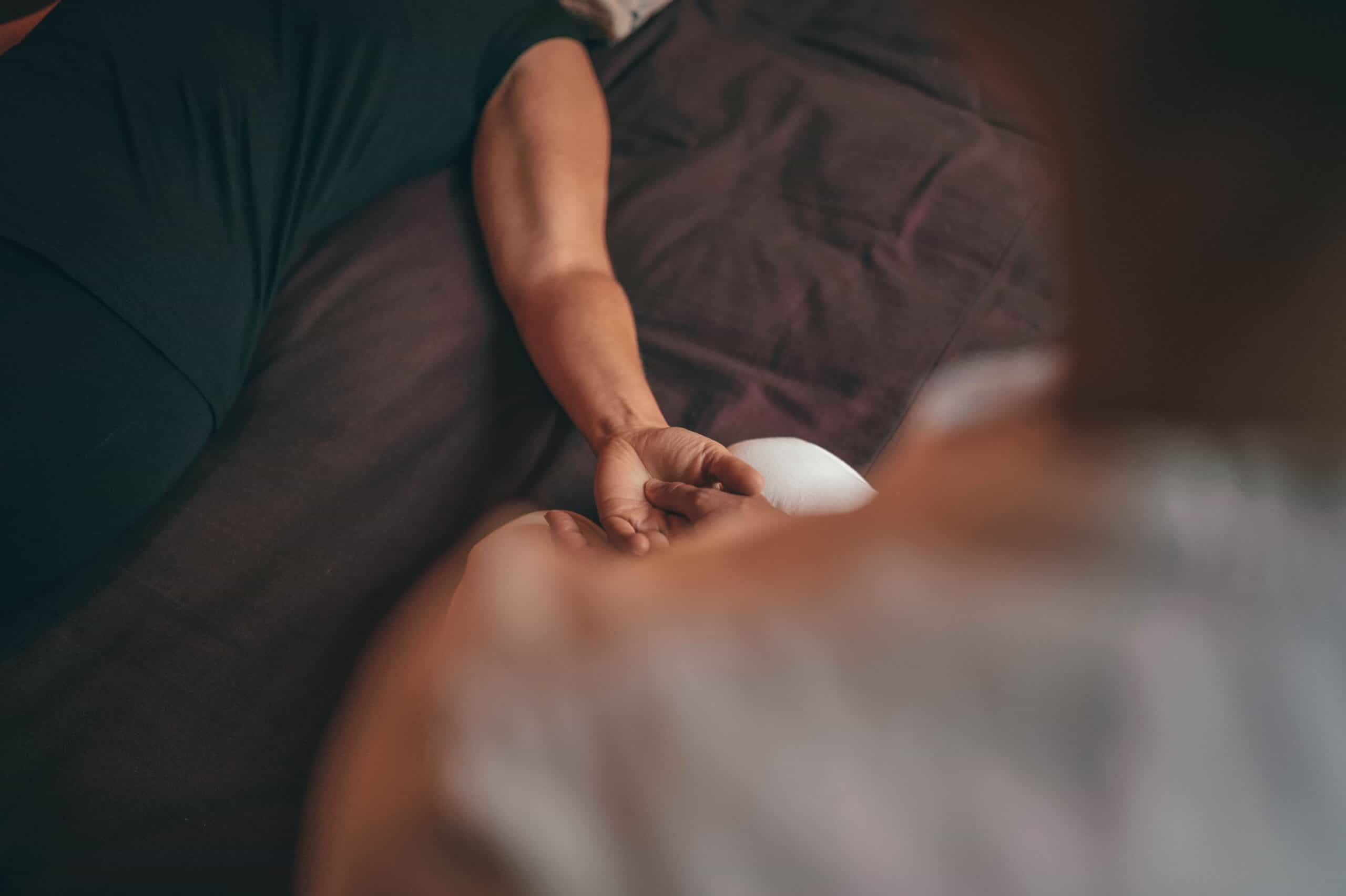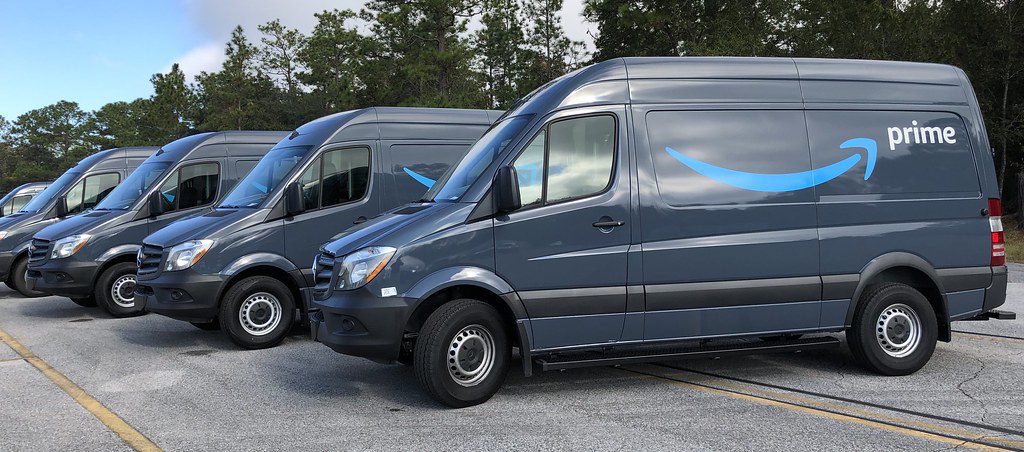What Is Personal Injury Protection (PIP)?
In the aftermath of a car accident, navigating medical expenses, lost wages, and other financial burdens can be overwhelming. Personal injury protection (PIP) coverage, available in 12 states and Puerto Rico, can alleviate these concerns by covering these costs, ensuring your well-being is prioritized. PIP can also cover funeral expenses and replacement services, providing comprehensive support during a challenging time.
Personal Injury Protection (PIP) is a type of car insurance that pays for medical bills, wage loss, and other costs after a car crash. Some policies refer to this benefit as medpay. This coverage is mandatory in Oregon insurance policies, but not in Washington: check your Policy Declarations page to see if PIP is included.

How Personal Injury Protection Works
The results of a car accident and the road to recovery can be filled with unexpected expenses and financial burdens. Personal injury protection (PIP), also known as no-fault insurance, is a type of auto insurance that can help alleviate these concerns, providing a safety net in case of bodily injuries sustained in a car accident, regardless of who caused the accident.
PIP Coverage: A Pillar of Support
PIP is mandatory in 12 states and Puerto Rico, offering varying coverage limits and eligibility requirements. If you’re involved in a car accident in a PIP state, you can file a claim with your insurance company, and they’ll cover your medical expenses, lost wages, legal fees, funeral costs, and other covered expenses up to your policy limits.
Unveiling the Benefits of PIP Coverage
The advantages of PIP coverage extend beyond financial assistance:
- Peace of Mind: PIP coverage provides reassurance that your medical expenses and other losses will be covered in the event of a car accident, regardless of fault.
- Quick Access to Funds: PIP claims are typically processed promptly, ensuring you receive the funds you need to pay bills and get back on your feet.
- Reduced Financial Burden: PIP coverage helps alleviate the financial strain following a car accident by covering medical expenses, lost wages, and other covered losses.
Determining Your PIP Coverage Needs
The ideal amount of PIP coverage depends on individual circumstances and state requirements. However, it’s crucial to have enough coverage to safeguard your medical expenses, lost wages, property damage, and other potential losses in the event of a car accident.
The Basics of Personal Injury Protection coverage
Regardless of fault or cause, most people involved in a serious crash find that they need to access their own car insurance policy to cover medical bills and expenses. PIP money is usually the first piece of insurance available.
In Washington State, PIP coverage must include:
- $10,000 – $35,000 for medical and hospital bills;
- $10,000 – $35,000 for lost wages;
- $5,000 – $14,600 in service benefits for home and transportation assistance, and
- $2000 for funeral expenses, if the crash was fatal.
Here’s what you need to know about using your PIP insurance policy to cover medical bills after a collision.
1. PIP is Primary Coverage.
If you have PIP—or Medical Payment coverage—you will want to give this information to your doctors and medical providers. PIP is considered primary coverage after a car crash; your health insurance becomes secondary coverage.
If, for example, you have Personal Injury Protection coverage of $50,000, your health insurance coverage wouldn’t kick in until you’d exhausted the full $50,000 of PIP.
Once all your coverage has been used, the PIP carrier will issue a letter advising that the coverage is “exhausted”.
2. Car Insurance Companies usually Pay Higher Rates.
Car insurance companies often have to pay more than health insurance companies pay for the same medical care. Your health insurance company can negotiate “in-network” rates with medical providers, who agree to the reduced rates because they know the insurer is directing patients to their offices.
Your car insurance company, conversely, will pay “out of network” rates with medical providers. The cost of your post-injury care will be the full sticker price.
For example, a recent NPR investigation found that the hospital and surgery bills paid by a car insurance company for a man injured in a crash were about eight times higher than Medicare would have paid for the exact same care.
Surprise: The Charge For His Spine Surgery After A Car Crash Topped $700,000
This can be problematic when PIP runs out.
3. Insurance Pays Bills as they are Received, not in the order of care.
Your car insurance company pays bills as they receive them. This can become a problem when the medical bills for a serious injury quickly use all of your PIP.
For example, PIP might pay a bill for physical therapy that would have been covered by your health insurance, simply because they received those bills before the hospital bill—which may not be covered by your health insurance.
Be aware that you need to track every invoice for every medical provider. If you are working with a personal injury attorney, they should help you make sure that all of the medical bills have been documented and paid.
4. The Insurance Companies do not Coordinate Care.
When you have used up all of the available PIP, then your health insurance can start paying your medical bills.
People often forget that the medical care that is covered by PIP may not be covered by their health insurer when PIP runs out.
For example, if your health insurance doesn’t have an in-network rate at the hospital where you have surgery after a car crash, you could end up paying a lot more money out of your own pocket.
If you need continuing medical care or a surgical procedure after a car crash, make sure the providers are in-network for health insurance.
5. You might Have to Pay it Back.
If your own car insurance company pays your bills and expenses after a crash, they can try to recover their costs from the insurance company of the person who caused the crash.
You may need to reimburse your insurance company for PIP if you win a settlement or verdict from a lawsuit related to your crash injuries. The same is true for your health insurance company.
There are some exceptions to reimbursement rules, but in general, insurers are entitled to be paid back out of a settlement or trial verdict. This complicated process of reimbursement is called subrogation.
When you work with a personal injury lawyer, they should negotiate bills and work with any lien holders to minimize what you have to pay back.
Frequently Asked Questions (FAQs) – PIP
In the world of auto insurance, personal injury protection (PIP) stands out as a crucial coverage that safeguards you against financial burdens in the event of a car accident. To shed light on this essential insurance, we’ve compiled a comprehensive FAQ section to address common queries.
1. Is PIP the Same as Bodily Injury Liability Coverage?
No, PIP and bodily injury liability coverage are distinct types of auto insurance coverage. PIP covers your medical expenses and other losses resulting from bodily injury sustained in a car accident, regardless of fault. Bodily injury liability insurance, on the other hand, covers the medical expenses and other losses of other people who are injured in a car accident that you cause.
2. Do I Need Personal Injury Protection (PIP)?
PIP insurance is mandatory in 12 states and Puerto Rico. In other states, it is optional. However, even if PIP is not required in your state, it is highly recommended to have this coverage. PIP can help you pay for your medical expenses, lost wages, funeral expenses, and other losses if you are injured in a car accident.
3. What States Require Personal Injury Protection (PIP)?
The following states require PIP insurance:
- Delaware
- Florida
- Hawaii
- Kansas
- Kentucky
- Massachusetts
- Minnesota
- New Jersey
- New York
- North Dakota
- Oregon
- Pennsylvania
- Puerto Rico
4. Who Pays for Car Damage in a No-Fault State like Florida?
In a no-fault state like Florida, your own car insurance company pays for your car damage, regardless of who caused the accident. This is known as personal injury protection (PIP) coverage.
5. What is the Difference Between PIP and Medical Payments?
Personal injury protection (PIP) and medical payments coverage are both types of auto insurance that can help pay for your medical expenses after a car accident. However, there are some key differences between the two:
- Fault vs. No-Fault Coverage: PIP is a no-fault coverage, meaning that your own insurance company will pay for your medical expenses regardless of who caused the accident. Medical payments coverage, on the other hand, is a fault coverage, meaning that your insurance company will only pay for your medical expenses if the other driver is at fault for the accident.
- Coverage Limits: PIP typically has higher coverage limits than medical payments coverage.
PIP coverage is a valuable asset in safeguarding your financial well-being in the aftermath of a car accident. By understanding the coverage details and seeking guidance from your insurance agent, you can make informed decisions that protect your interests and ensure your peace of mind.
Seek Guidance from Your Insurance Agent
If you have questions about PIP coverage requirements in your state, don’t hesitate to consult your insurance agent. We can provide expert guidance on the appropriate amount of coverage for your needs and help you select the right PIP insurance policy.
PIP coverage can serve as a valuable shield against the financial repercussions of a car accident. By understanding its benefits and eligibility requirements, you can make informed decisions to protect your well-being and financial security in the face of unforeseen circumstances.
Contact Us for Assistance with Your PIP
If you have any questions about PIP coverage, talk to your insurance agent. You can also contact us at Coluccio Law for a free consultation. We can help you understand your PIP benefits and ensure that you are getting the most out of your coverage.
Call us today to get a free quote!
At Coluccio Law, we have a team of experienced attorneys who can help you understand all of your PIP needs. We can help you file a PIP claim, appeal a denied claim, and negotiate with your insurance company. We can also help you understand your PIP benefits and rights.
Contact us today to learn more about how we can help you.
Recommended Article: No Fault State Meaning



